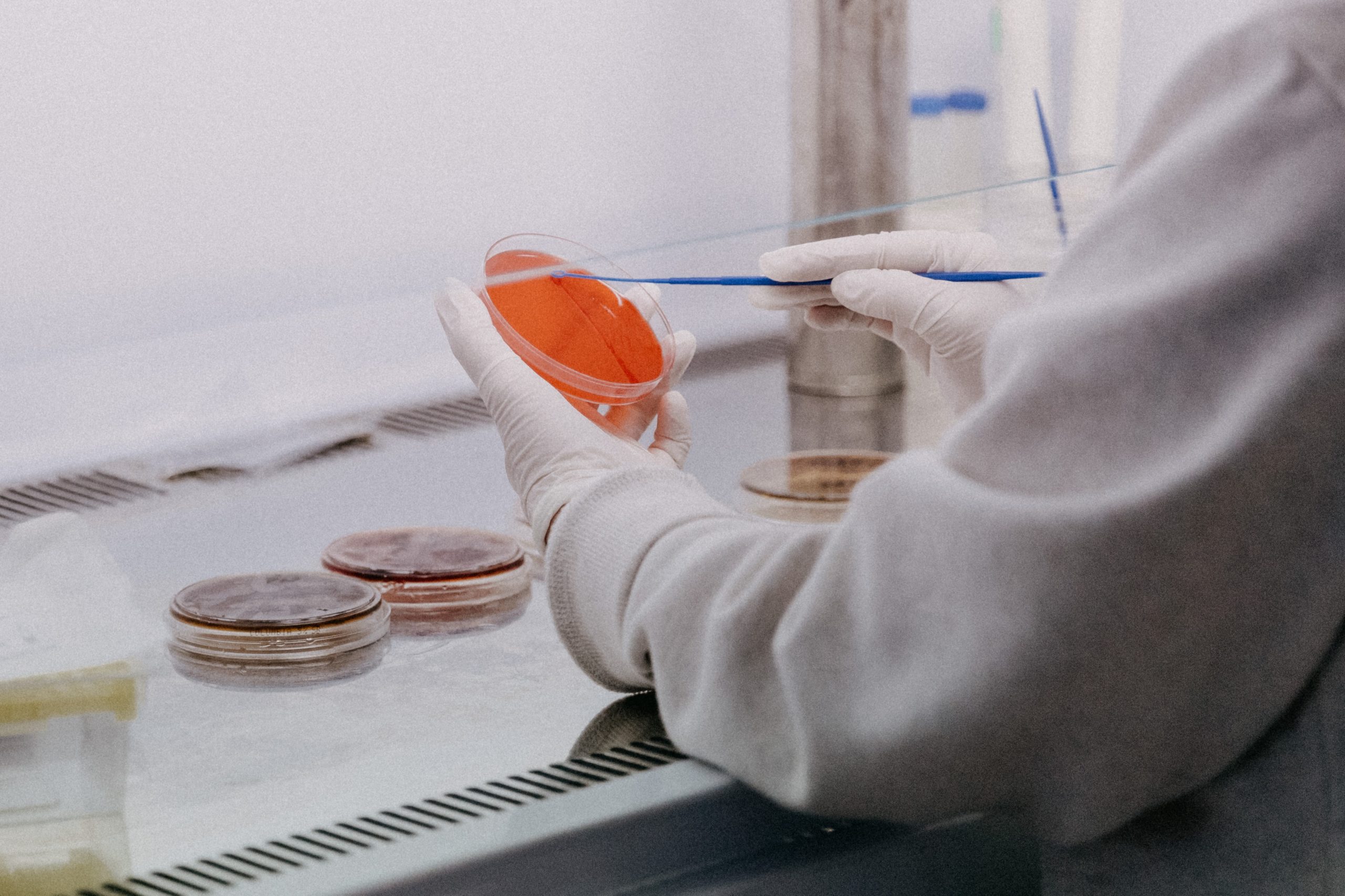Dermatopathology Research Career Development Award
Advance your Career in Dermatopathology
The Dermatopathology Career Development Award (CDA) supports the academic career development of future intellectual leaders who demonstrate a strong commitment to advance the fields of dermatopathology and dermatology through research and/or education.

Know Before You Apply
All Foundation-funded research must be conducted in the U.S. under the sponsorship of a department/division of dermatology that is ACGME-approved for training in dermatology. Applicants must meet the DF’s general eligibility requirements, in addition to award-specific requirements presented on or before the time of funding. Applicants from minority populations are encouraged to apply.
The DF encourages applications concerning health issues impacting applicants from minority populations, including, but not limited to, racial minorities, sexual ¬ gender/LGBTQ minorities, and underserved/disadvantaged populations.
Am I eligible?
If you meet all of the requirements below, you may be eligible to apply for the Dermatopathology Research Career Development Award.
- MD; MD, PhD; or DO degree
- Completed training in a U.S. dermatology or pathology residency program and a U.S. fellowship program in dermatopathology
- Under the mentorship of an experienced investigator(s)
- Mentor must have an academic appointment in dermatology or another program at the sponsoring institution that is approved by the dermatology chair
- Junior faculty member in a dept./div. of dermatology (through Asst. Prof. level) in the early stages of an academic career
- Demonstrates a strong commitment to skin research that can advance the field of dermatopathology
- Strong institutional commitment for individual’s career development
How do I apply for the Dermatopathology Research Career Development Award?
The DF will be accepting new applications for career development awards in July 2024, fellowships and research grants via our CDAFG Research Award Application Portal. The Applicant Instructions provided below include essential information potential applicants need to know to evaluate the various award opportunities and develop a successful application and research proposal. Interested individuals are strongly encouraged to read sections II and III before assembling their application.
The DF has also prepared a Quick Reference Guide to enable users to quickly acclimate to the online application system.
Application deadline: October 15, 2024
Featured Researcher
Biomarker Analysis of Transcriptome Signatures in Mycosis Fungoides Across Clinicopathologic Stages
Mycosis Fungoides (MF) is a rare disease that is difficult to diagnose and treat. Recent studies on the genomic signature of this disease have shown that MF is difficult to fully characterize. We propose that dissecting lymphocytes from affected tissue and performing transcriptome-based studies and biomarker analysis will allow us to improve diagnosis and treatment of MF across the clinical stages of this disease.

Paul Haun, MD
University of Pennsylvania
Dermatopathology Research Career Development Award
Award Recipients | Dermatopathology Research Career Development Award
Julie Deutsch, MD
Johns Hopkins University
Analytical and Clinical Validation of a mlF Biomarker for Anti-PD-1 Therapy in Melanoma
Shadi Khalil, MD, PhD
University of California, San Diego
Nutrient Metal Sequestration in Inflammatory and Infectious Skin Disease
Rony Francois, MD, PhD - Year 2
University of California, San Francisco
Targeting Oncogenic NRAS in Melanoma
Matthew Hedberg, MD, PhD - Year 2
University of Pennsylvania
Cellular Characteristics and Molecular Determinants of SCCIS

